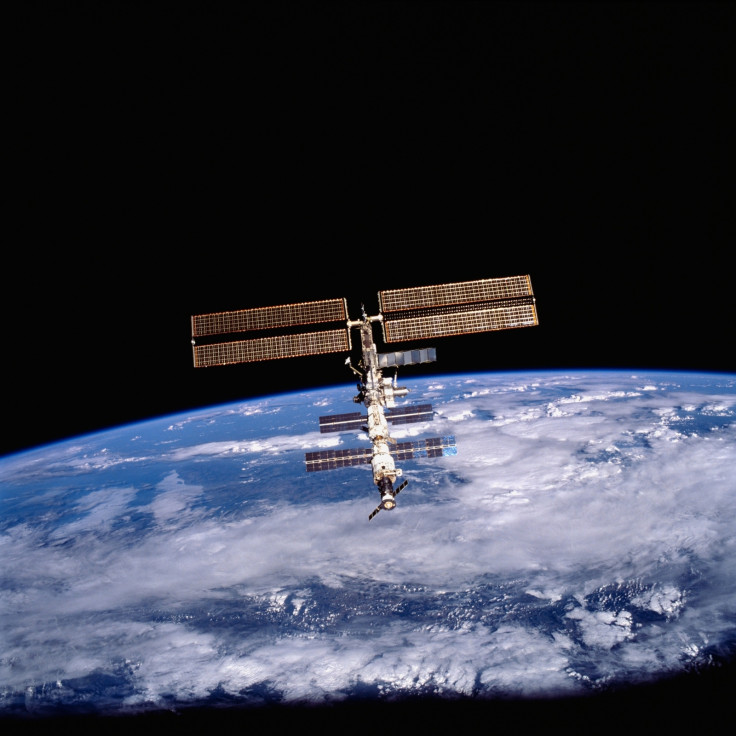Watch: Astronauts play space badminton for the first time ever on the International Space Station
Russian, Japanese and US astronauts aboard the ISS played badminton in zero gravity for the first time ever.
Russian, Japanese and US astronauts aboard the International Space Station (ISS) played badminton in zero gravity for the first time ever. A video posted by Russian space agency Roscomos shows the badminton shuttle zip across in zero gravity as ISS astronauts float about playing the game.
The doubles match saw Russian cosmonaut Alexandr Misurkin team up with Nasa astronaut Mark Vande Hei to play against Japanese astronaut Norishige Kanai and Russian cosmonaut Anton Shkaplerov. Later in the video, Nasa astronaut Joseph Acaba also joined the game, teamed with Misurkin.
All of the ISS astronauts were declared winners as no score was recorded in this historic space badminton match, according to the National Badminton Federation of Russia (NBFR). The game was reportedly played according to "specific space rules", as per the NBFR, although the organisation failed to specify what the rules were.
Misurkin, who is a champion badminton player, claimed that the game aboard the ISS was "the same as putting a flag on Mars". The Russian cosmonaut added that he loved the game, which he considers to be more than just a sport or a hobby.
This is not the first time that ISS astronauts have come up with new ways to have fun in space. Some of the experiments aboard the space station involved the astronauts basically goofing off, while attempting to scientifically uncover how things work in space. For instance, in October 2017, Nasa astronaut Randy Bresnik showed a video of how fidget spinners work in space.
If you want to see where Space and Football collide, i'll be presenting an award at the Lombardi Honors this Saturday.
— Randy Bresnik (@AstroKomrade) January 26, 2018
📠Houston, Texas
🈠Lombardi Foundation Awards
â± 6:00 PM CT
📺 ESPN3/Watch ESPN pic.twitter.com/UrUnPnkpad
Bresnik, who returned safely to Earth in December after spending 139 days in space, also tweeted out a short video clip of ISS astronauts playing American football in zero gravity.
Meanwhile, the fate of the ISS is uncertain as the administration of US President Donald Trump reportedly mulls ending funding for the space station by 2025.






















